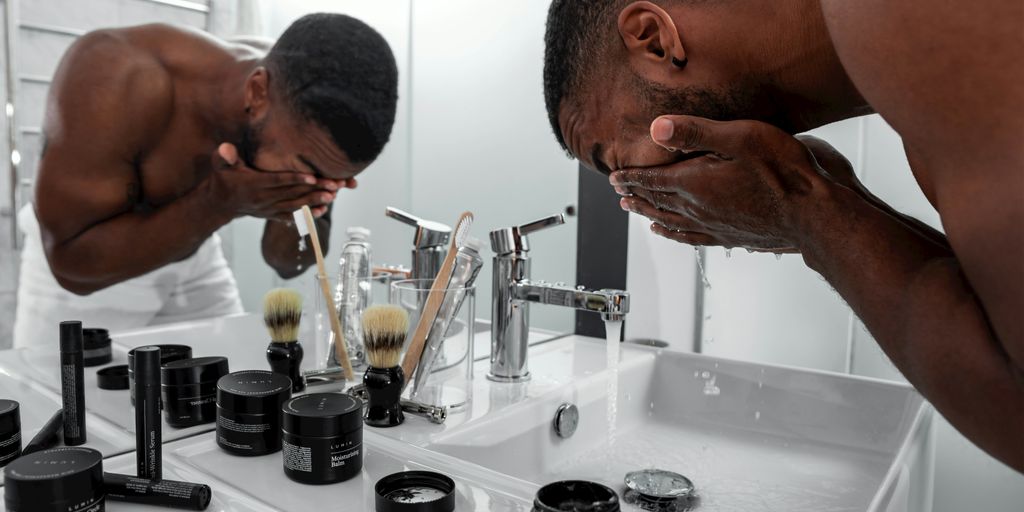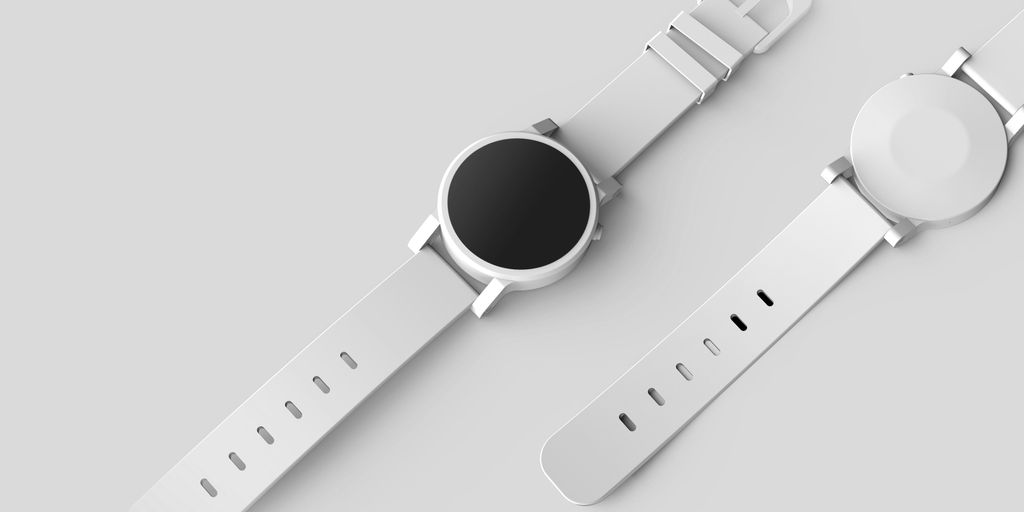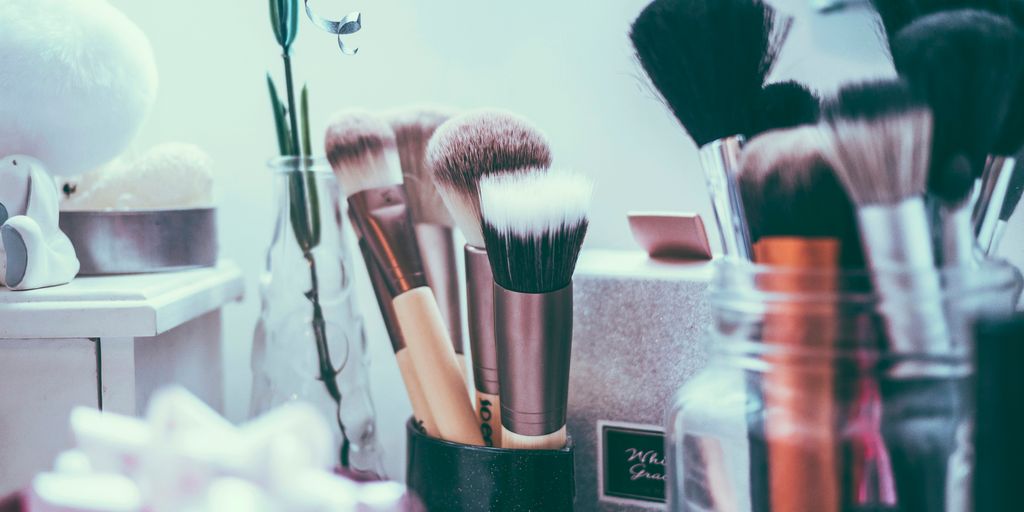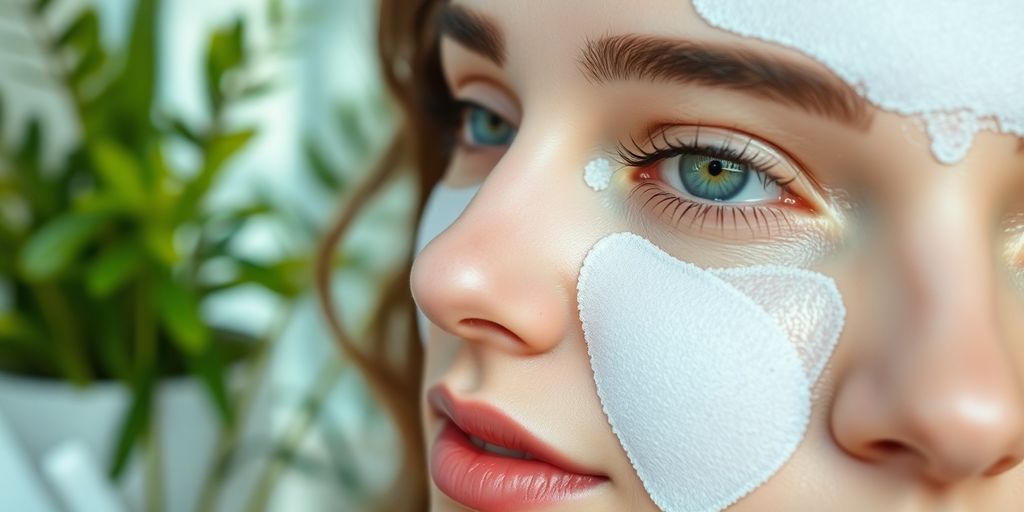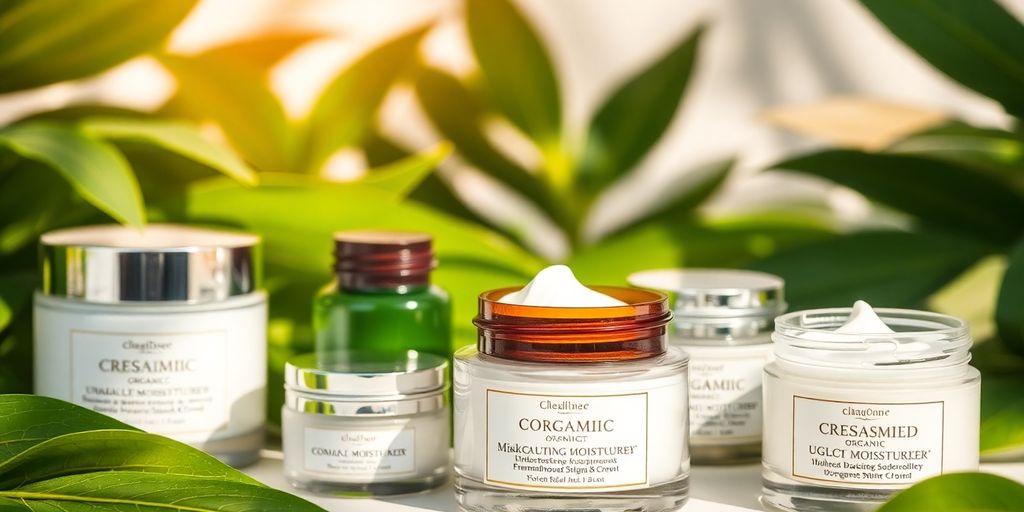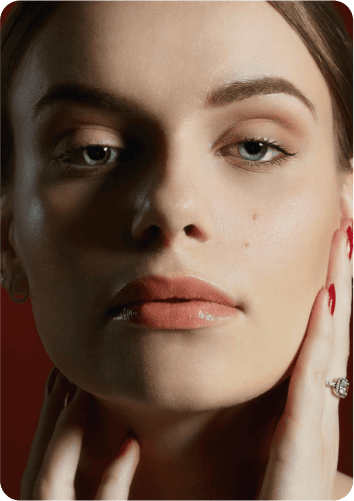A Journey from Frustration to Transformation
Maria always thought her hair was just difficult—dry, brittle, never quite soft despite deep conditioning. She blamed aging, hormones, hard water, and plain bad luck.
Her bathroom shelf was proof of years spent searching: deep conditioners, protein treatments, leave-in sprays promising overnight miracles. Some helped temporarily, but nothing truly transformed her hair.
Then one day, her daughter—a devoted fan of sustainably-focused brand amika hair oils—handed her a bottle of their Glass Action Universal Elixir.
“Just three drops,” she said. “Trust me.”
Maria almost rolled her eyes. Another product with another promise. But she tried it anyway—three drops, rubbed between her palms and smoothed onto damp hair.
By morning, something felt different. Less straw-like. Softer. Alive.
Week by week, her hair improved—smoother, softer, stronger. One day, she caught her reflection and realized she no longer had to fight with a hairbrush. Finally, she believed.

Hair Oil Isn’t Just for Shine—It’s Science
Hair oils often get reduced to one lazy benefit: adding shine. Sure, they do that. But that’s like saying sunscreen is just for avoiding sunburn. In truth, hair oils:
• Seal moisture inside each strand.
• Strengthen the hair shaft from within.
• Protect against environmental stressors and styling tools.
• Support a healthy scalp, promoting better hair growth.
And when made by conscious brands, they offer all this without harming the planet.
A Sustainable Choice for Your Routine
Many commercial hair products are loaded with synthetics and packaged in single-use plastic. The environmental cost adds up quickly.
Hair oils—especially from eco-conscious companies like amika—take a more responsible route. They use:
• Ethically sourced natural ingredients
• Cruelty-free processes
• Recyclable packaging and carbon-conscious logistics
This reduces both your personal product load and your environmental footprint.
Three Types of Oils—Three Different Roles
Not all oils work the same way. Here’s how they function:
1. Penetrating Oils (e.g., coconut, almond, avocado)
Absorb deep into the hair shaft to strengthen from within and reduce breakage.
2. Sealing Oils (e.g., argan, jojoba)
Stay on the surface to lock in hydration and tame frizz.
3. Scalp-Nourishing Oils (e.g., castor, rosemary, tea tree)
Stimulate circulation, balance sebum, and may help reduce shedding.
The Wisdom of Grandmothers (and Sustainable Rituals)
When I was a child, my grandmother would warm coconut oil in her palms and smooth it into my hair before braiding.
“It keeps it strong and healthy,” she’d say.
I didn’t listen. By my twenties, my hair was dull and tangled. I chased expensive products, ignoring the simple truth she’d known all along.
Natural oils worked. And now, brands like amika are blending traditional remedies with modern sustainability standards—proving that ancient wisdom and future-conscious beauty can go hand in hand.
How to Use Hair Oil Without Grease
If your hair looked greasy last time you tried oil, you probably used too much—or the wrong one. Here’s how to use it right:
• Pre-wash treatment: Apply generously to dry hair, leave for 30 minutes, then shampoo.
• Post-wash leave-in: Rub 1–2 drops between palms and smooth over damp hair.
• Scalp nourishment: Massage a few drops into roots 1–2 times a week.
• Heat protection: Apply to ends before using styling tools.
Pro tip: Start small. You can always add more if needed.
Real Stories. Real Switches.
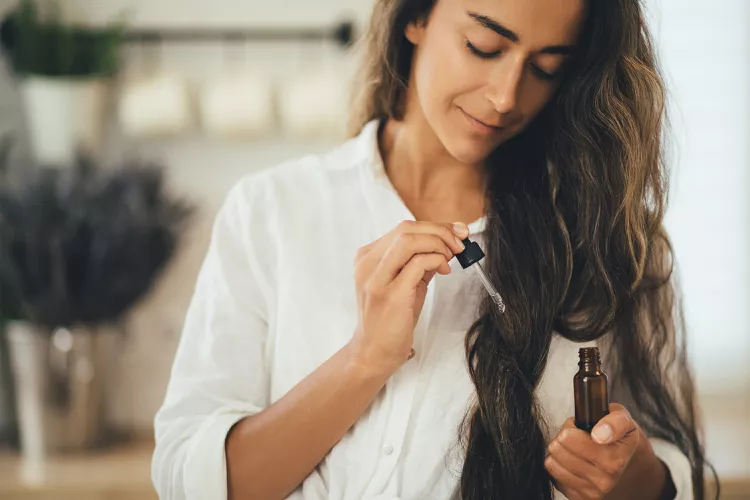
Sarah’s Story
Sarah used to scoff at hair oils. “My scalp is oily enough,” she said.
But after two weeks of using jojoba oil once a week, her hair felt stronger. “It’s weird,” she texted. “Less greasy somehow?”
That’s the science: when your scalp is nourished, it stops overproducing oil. Hair stays balanced longer—fewer washes, less product, lower environmental impact.
Let’s Bust a Few Myths
• “Hair oil makes hair greasy.” Only if you overdo it. Two drops is usually enough.\n- “Oily scalps don’t need oil.” In fact, balancing the scalp with the right oil can reduce excess sebum.\n- “Any oil from the kitchen will do.” Not quite. Cosmetic-grade oils are refined for hair absorption and safety.
Should You Try Hair Oil?
Maria’s hair is no longer brittle. Sarah’s skepticism has turned into belief. My grandmother’s traditions are making a modern comeback—with sustainable upgrades.
If you’re curious, there’s only one way to find out: Try it.
